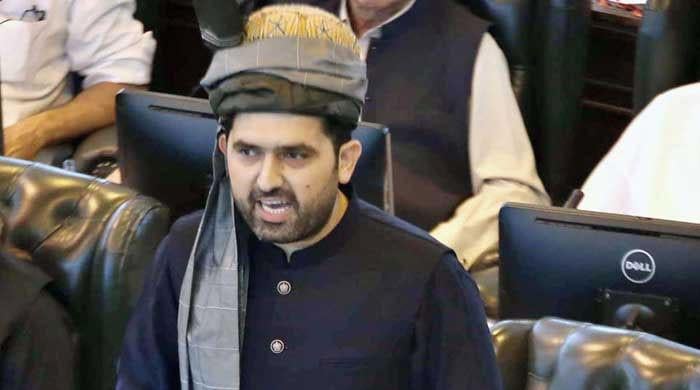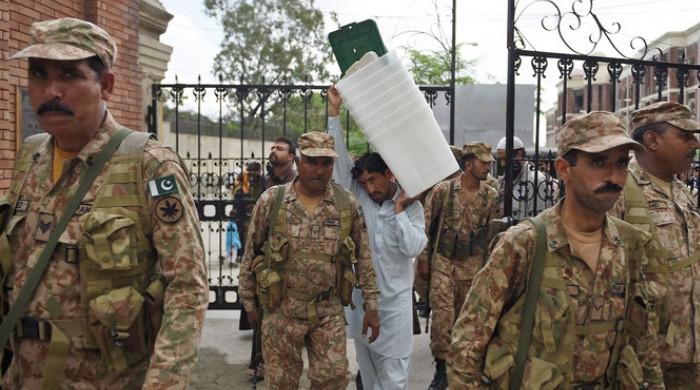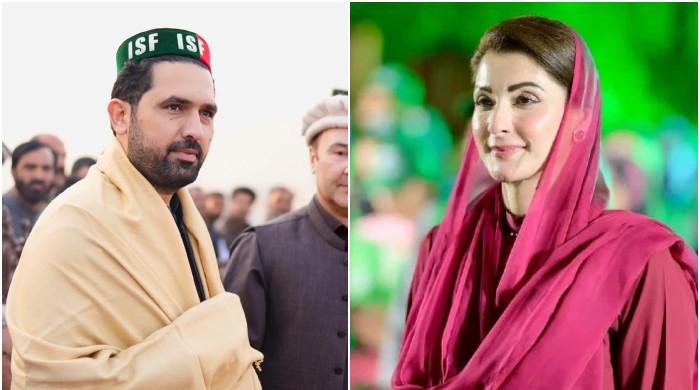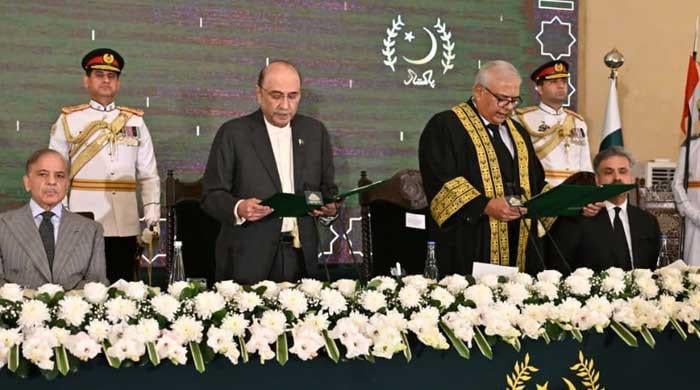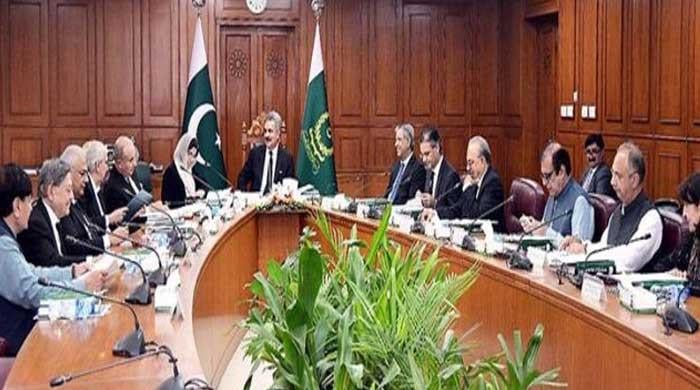Imran says would prefer opposition over coalition with competitors
Khan stressed that setting up a coalition government hampers the implementation of the party manifesto
June 29, 2018
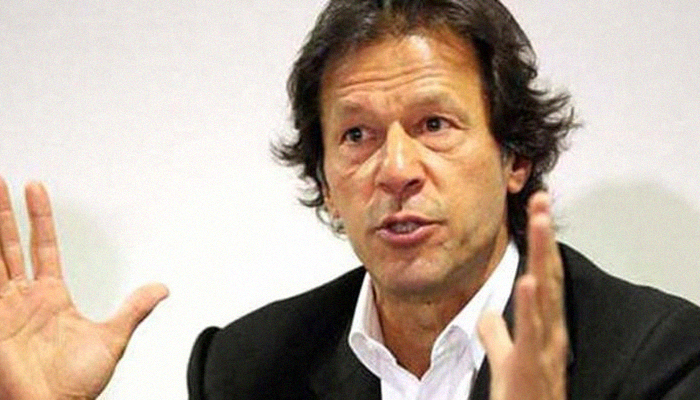
ISLAMABAD: Imran Khan, the chief of the Pakistan Tehreek-e-Insaf (PTI), is of the opinion that he would rather be part of the opposition than form a coalition government, Geo News reported Thursday night, citing the cricketer-turned politician's interview with a local TV channel.
When faced with the question of whether he would become the prime minister or put forward the names of Asad Umar or Shah Mehmood Qureshi should his party be unable to secure a majority, Khan said he would prefer sitting in the opposition than trying to form an alliance with other political parties.
"Well, then, there is this verse by Allama Iqbal: Abhi ishq ke imtehaan aur bhi hein (there are more barriers to overcome to achieve what one loves)," he said.
"This means that we would have to sit in the opposition."
The former sportsperson stressed that setting up a coalition government hampers the implementation of the manifestos of the parties involved in forming such a leadership.
"Whoever comes to one's party becomes a part of that party's discipline. [So] it matters what a leader says and believes in because he stepped up to form a coalition as a politician.
"When one forms an alliance with another, that situation becomes a hindrance to one's own party manifesto … One is are forced to compromise on their viewpoints," he added.
Talking about the measures he plans to implement should he win the upcoming elections, Khan said: If one doesn't choke corruption, one cannot save the country."
"What's the use of coming into power when one ends up in a position where one has to form a coalition with the likes of [Pakistan Peoples Party (PPP) co-chairman] Asif Zardari?"
Khan asked, "Will Asif Zardari agree to the kind of accountability I desire because you cannot control coalition?"
"Therefore, one sits in the opposition," he noted, in an apparent response to his own question.
Further, addressing the workers of NA-131, Khan said that constituency would witness quite the breakneck competition. Lahore, he noted, would be deciding for Punjab, and Punjab, in turn, would be the decision-maker for Pakistan.

